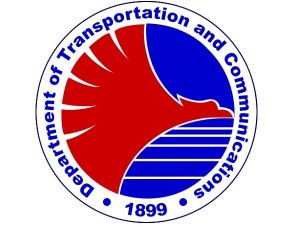MANILA, Philippines — The long-awaited Air Passenger Bill of Rights being jointly pursued by the Departments of Transportation and Communications (DOTC), and Trade and Industry (DTI) may finally be approved this week, just in time for the holiday season rush this month.
Following the last of three public hearings, Transportation Undersecretary Jose Perpetuo
said on Monday, the measure would likely be released this week.
The reason for the rush, he said, was the 15-day publication requirement for all new government rules. If released this week, Lotilla said the measure, aimed at curbing alleged profiteering through abusive practices by airlines, would take effect just before Christmas.
“We hope to finalize this within the week. We’ve had three hearings and all concerns should have been heard by now,” Lotilla told reporters after the hearing.
The joint departure order’s main features are restrictions and penalties for late, cancelled, and overbooked flights, as well as bags lost in transit.
For instance, passengers affected by late flights should be provided by their airlines with free food, drinks, Internet access, free phone use, and, in extreme circumstances, hotel lodging until the flight leaves.
Passengers also have the choice to have their flights rebooked without any additional cost. Passengers affected by overbooking are also entitled to the same benefits.
For lost luggage, airlines will have to compensate passengers P2,000 for every day that a bag is missing. After seven days, that bag will be deemed lost, and the passenger will be paid the equivalent of 500 Singapore dollars (P16,740).
Another new addition to latest draft was the need for airlines to seek the DTI’s approval for airline promotions and the sale of discounted tickets. Currently, airlines only need to seek approval from the Civil Aeronautics Board (CAB).
“For sales and promos, that goes back to the provisions of the consumer act so we are taking on the jurisdiction,” DTI Undersecretary Zeny Maglaya said during the public hearing.
The new rule means airlines will have to deal simultaneously with the DTI and the CAB; the former approving the mechanics of promos, the latter approving the price.
Lawyer Teodoro Pastrana, who represents several foreign airlines operating in the Philippines, said the new rules might restrict the industry’s growth by resulting in higher costs that would eventually be passed on to travelers.
“Less intervention from the government is always better, but we do realize the government’s need to regulate,” he said in an interview.


